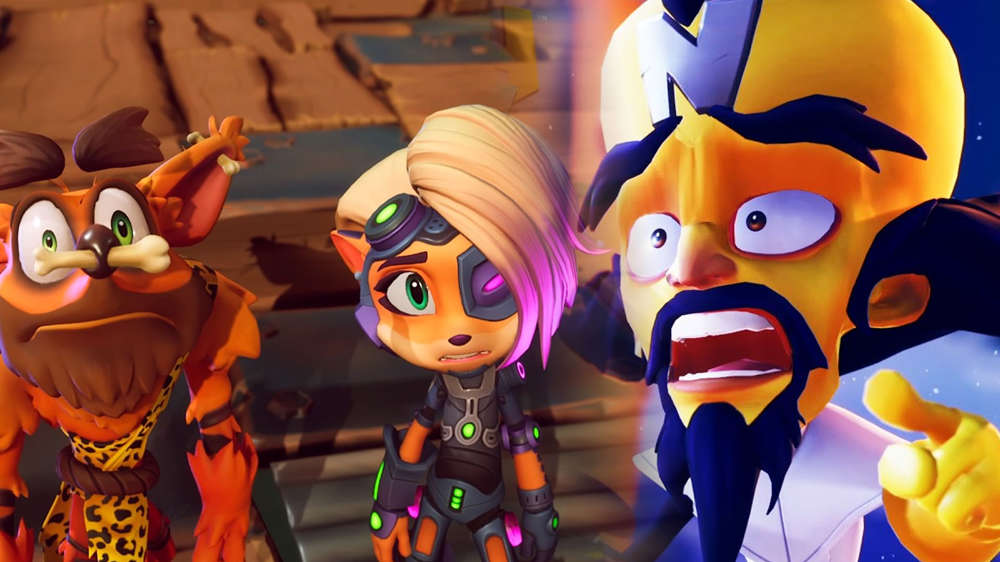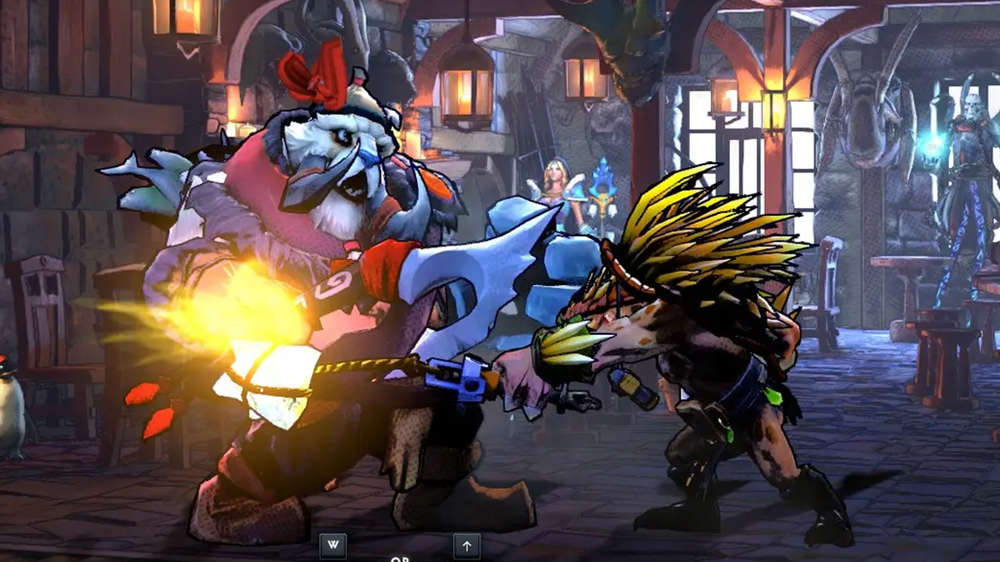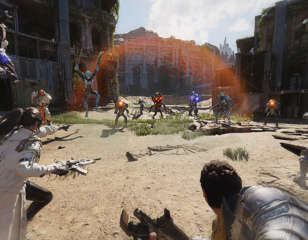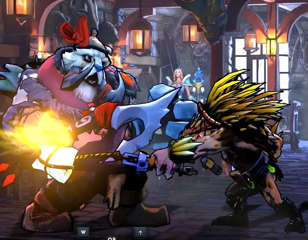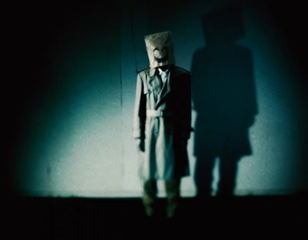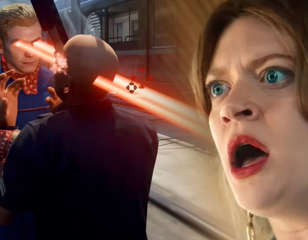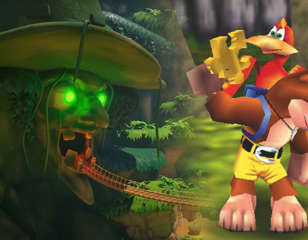Tales of Kenzera: ZAU's Abubakar Salim and Ackeem Durrant on grief, Bantu culture and Metroidvanias
The team behind riveting Bantu-led Metroidvania, Tales of Kenzera: ZAU, talks to GGRecon about turning grief into power in the brightest and most vibrant way.

Joseph Kime
15th Apr 2024 16:55
Images via Surgent Studios

Video games with personal ties are nothing new, what with The Last of Us and God of War standing as some of the greatest titles ever put to the medium. Even with the looming narratives of these games hanging over our heads as we play, it's easy to forget just how much of a video game's impact is led by just one person.
After all, video games are a collaborative effort in most cases. Teams often come together to tell a story in the first place, but some of those games are about as personal as committing a fictional tale to any storytelling medium can be.
This much is true of Tales of Kenzera: ZAU, a Metroidvania that is immediately captivating by concept alone, welcoming players into a world of ancient shamans, echos of power, and bargains with God of Death Kalunga.
Though its setting is sprawling and gorgeous, Zau's tale is crucial because it takes a new approach to the familiar tread of grief - and, if we're lucky, revolutionary.
Into the wild
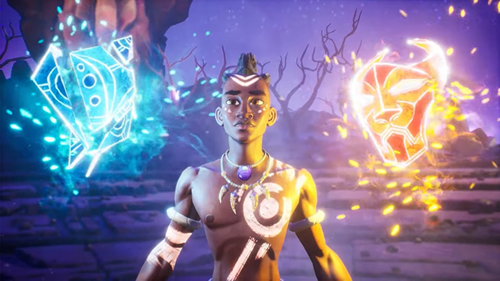
When GGRecon sat down with Surgent Studios' Abubakar Salim, it's already been some time since he set out to publicise his team's debut game, Tales of Kenzera: ZAU. It seems to have been a long press tour, and he's naturally feeling it. We ask how he's doing.
"I’m tired. I’m definitely tired," he laughs. "I’m still kind of processing it all to be honest, even though it’s been, like, five months since we announced, and four years in development, I’m still sort of taking it all in. Like, we’re actually launching a game."
It's easy to make sense of Salim's exhaustion, and it'd be easier to presume he wouldn't have the time for press for ZAU in the first place, serving as not only the founder of the studio and Director of the game, but also the core of its story and voice of its protagonist.
This a lot to wear for any developer, especially considering the weight that grief can bring, but following the loss of his father, Salim found healing in the process. "I think because the project is so personal, I’m kind of pulling from this fuel source, this sense of wanting to do it right, and trying to do it as authentic and honest as possible," he says.
This authenticity is palpable, and it has guided Surgent Studios' entire team, including Art Director Ackeem Durrant, whose work lay in bringing these themes to life on screen - and it was his own culture that helped him to understand the game's approach to love and loss.
"I come from Jamaica, [death is] a natural part of it," Durrant says. "Even if I close my eyes and I envision Nine-Nights [a Jamaican tradition of celebrating a person’s life nine days after they pass], we have, that is what it is.
"It’s a happy moment. There’s always someone crying in the corner. There’s always games being played. The kids are always running around. There’s always stories being told. It’s that mix of sombre and joy simultaneously that comes fairly naturally, being honest."
Taking to a multitude of cultures has aided the game in finding a visual style that stands truly on its own. A great deal of this understanding of death, and bringing a story that Western audiences would presume would be quite funereal in itself to life with immaculate vibrance, comes down to the cultures it draws from.
Back to basics
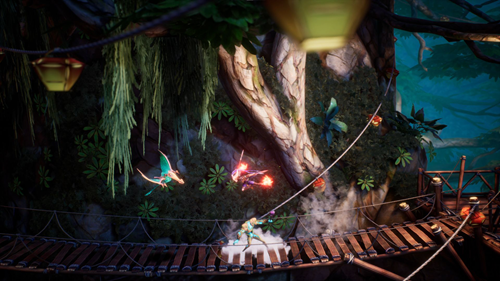
Tales of Kenzera: ZAU might approach the familiar sting of grief, but it's the unfamiliar that has drawn many to it in the first place, as it explores how Bantu cultures, spread across 24 countries in Africa, approach love and loss.
Luckily for Durrant, Bantu cultures have a way of reflecting their ongoing lives with their dress and colour. "With the Ndebele tribe," he tells us, "Homes and clothing and palettes to the general design of stuff and the colours that they use will represent the status of a person, their marriage status, their financial status, what age they are, their family, and all these things are represented just in paint, for example."
It's this that makes Zau spring to life, with every part of his design telling the player who he is in languages that they might not make sense of when booting up the game. This level of visual exploration pours through the rest of the game, too, with Zau's channelling of the sun and moon in his combatant abilities coming to life in flashes of neon blues and oranges.
Seeing just how much of real life is infused with its gameplay counterparts is compelling, especially as a Metroidvania title, perhaps indirectly reiterating the truly labyrinthian loneliness that grief can bring. It helps that they're just plain fun, and it seems as though Tales of Kenzera couldn't begin anywhere other than with a Metroidvania.
"To me, the Metroidvania genre is the perfect encapsulation of what grief is because, in a way, you’re throwing a character in the middle of something they have no idea about - it’s a big, scary world, and they’re having to learn how to manage and manoeuvre around it over time." Salim says.
"The first sort of games I remember playing with [my dad] was Sonic, and the story really, the Bantu myth and that kind of element, it really kind of pulls from the stories that my dad would tell me as a kid. So it really is funny, it kind of just made sense."
Pain into power

Tales of Kenzera: ZAU is a window into a lot of newness for players, especially Western ones, but it balances this out with the universal experience of love and loss that we each have to navigate, together, and yet incredibly alone.
The lens of Bantu cultures throughout the game emphasises their great contributions to understanding grief, and though tales of Gods and harnessing the great power of the sun and moon grant it grandiosity, it never becomes anything less than deeply human, and even more personal.
Perhaps the greatest feat of Zau's journey is the feeling of unity that it brings, featuring Swahili voice acting from the first moment not only to reflect Abubakar Salim’s father's mother tongue but to express how ubiquitous loss is. And more impressive still, with any luck, it won't end here.
"There’s a reason I called it Tales of Kenzera," he says. "It’s because I wanted to build this universe that I want to share with other people to build it with." Whether we see a return to Kenzera or not, it's clear as day that ZAU is a grand accomplishment.
We often forget just how much work it takes to not only develop a game but to infuse it with grief itself - and without a doubt, the Surgent Studios have made one hell of an impact with their debut. Zau's story is one of turning pain into power, and it's safe to say that Salim has done just the same with his team.

About The Author
Joseph Kime
Joseph Kime is the Senior Trending News Journalist for GGRecon from Devon, UK. Before graduating from MarJon University with a degree in Journalism, he started writing music reviews for his own website before writing for the likes of FANDOM, Zavvi and The Digital Fix. He is host of the Big Screen Book Club podcast, and author of Building A Universe, a book that chronicles the history of superhero movies. His favourite games include DOOM (2016), Celeste and Pokemon Emerald.
